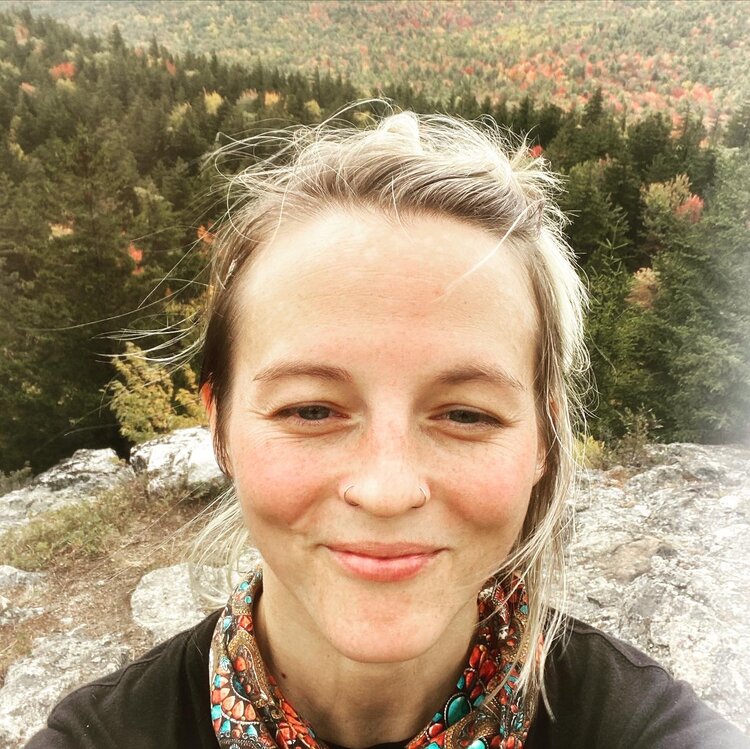Connecting environmental microbiomes to social (in)equity across temporal and ecological scales
Dr. Erin Eggleston and Dr. Mallory Choudoir
March 3, 2021, 12:00 – 13:00 EST.
Watch the recording.

Dr. Erin Eggleston, PhD, is an assistant professor of biology at Middlebury College. Her research focuses on molecular microbial ecology. Recent projects include mercury-cycling microbes in the soils of the St. Lawrence River, coral microbiome and reef resilience, and community dynamics of harmful cyanobacterial blooms. For more information check out her lab website (https://sites.middlebury.edu/eggleston/) or follow on Twitter @EggErin.

Dr. Mallory Choudoir, PhD, is a microbial ecologist interested in the evolutionary processes that determine patterns of microbial diversity across space and time. She is currently a postdoc at the University of Massachusetts Amherst researching microbial adaptation to long-term soil warming. Find her on twitter @malladpated or https://www.malloryjchoudoir.com/
About the seminar: Issues of social equity when it comes to environmental microbiomes and ecosystem ecology are tied with anthropogenic land use change. These land use changes occur across chronic and acute time scales, and ecological outcomes are both direct and indirect. This seminar will frame the interaction of microbiome research within the context of issues of environmental and social (in)justice pertaining to anthropogenic land use change. We will highlight current research and invite discussion on perspective research.
About the series: Microorganisms are critical to many aspects of biological life, including human health. The human body is a veritable universe for microorganisms: some pass through but once, some are frequent tourists, and some spend their entire existence in the confines of our body tissues. The collective microbial community, our microbiome, can be impacted by the details of our lifestyle, including diet, hygiene, health status, and more, but many are driven by social, economic, medical, or political constraints that restrict available choices that may impact our health.
Access to resources is the basis for creating and resolving social equity—access to healthcare, healthy foods, a suitable living environment, and to beneficial microorganisms, but also access to personal and occupational protection to avoid exposure to infectious disease. This speaker series explores the way that microbes connect public policy, social disparities, and human health, as well as the ongoing research, education, policy, and innovation in this field. The spring speaker series will pave the way for a symposium on “Microbes, Social Equity, and Rural Health” in summer 2021.
